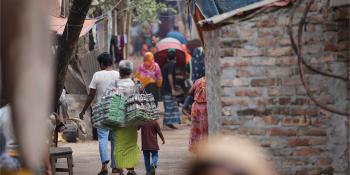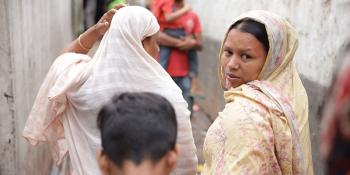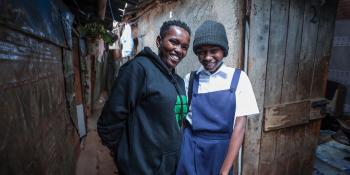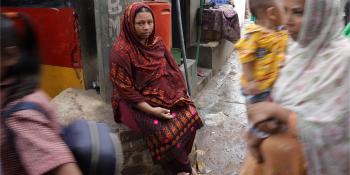
Home Equals
Launched in 2023, multi-year global advocacy campaign aims to ensure equitable access to adequate homes for informal settlement residents.
Housing is an infrastructure for well-being and sustainability. Equitable access to adequate housing can:
generate a direct impact of as much as 10.5% economic growth.
prevent more than 730,000 deaths globally per year.
increase expected years of schooling by as much as 28%.
Using a unique modeling methodology, a first-of-its kind report by Habitat for Humanity and its research partner the International Institute for Environment and Development found that improving housing in informal settlements in Asia-Pacific countries could result in:
- an increase in GDP of up to 7.25% in countries such as Bangladesh, by as much as 3.3% in countries such as Fiji, and up to 10.5% in countries such as Myanmar;
- an increase in life expectancy rate of up to 1.7% in countries such as Cambodia and Nepal, and as much as 1.2% in countries such as Thailand; and
- up to a one-year increase in the mean years of schooling for countries such as India and Indonesia, and 1.35 years in countries such as the Philippines.
News
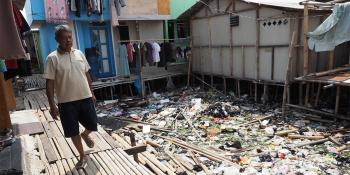
Taking concrete steps
Through the Home Equals campaign, Habitat for Humanity Indonesia is working with governments and partner organizations to improve access to adequate housing in informal settlements. Read the opinion piece.
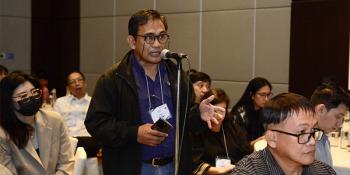
Asia-Pacific Urban Dialogues
Learn more about policy solutions for adequate housing in informal settlements from Bangladesh, India, Nepal, Indonesia, the Philippines and Cambodia.
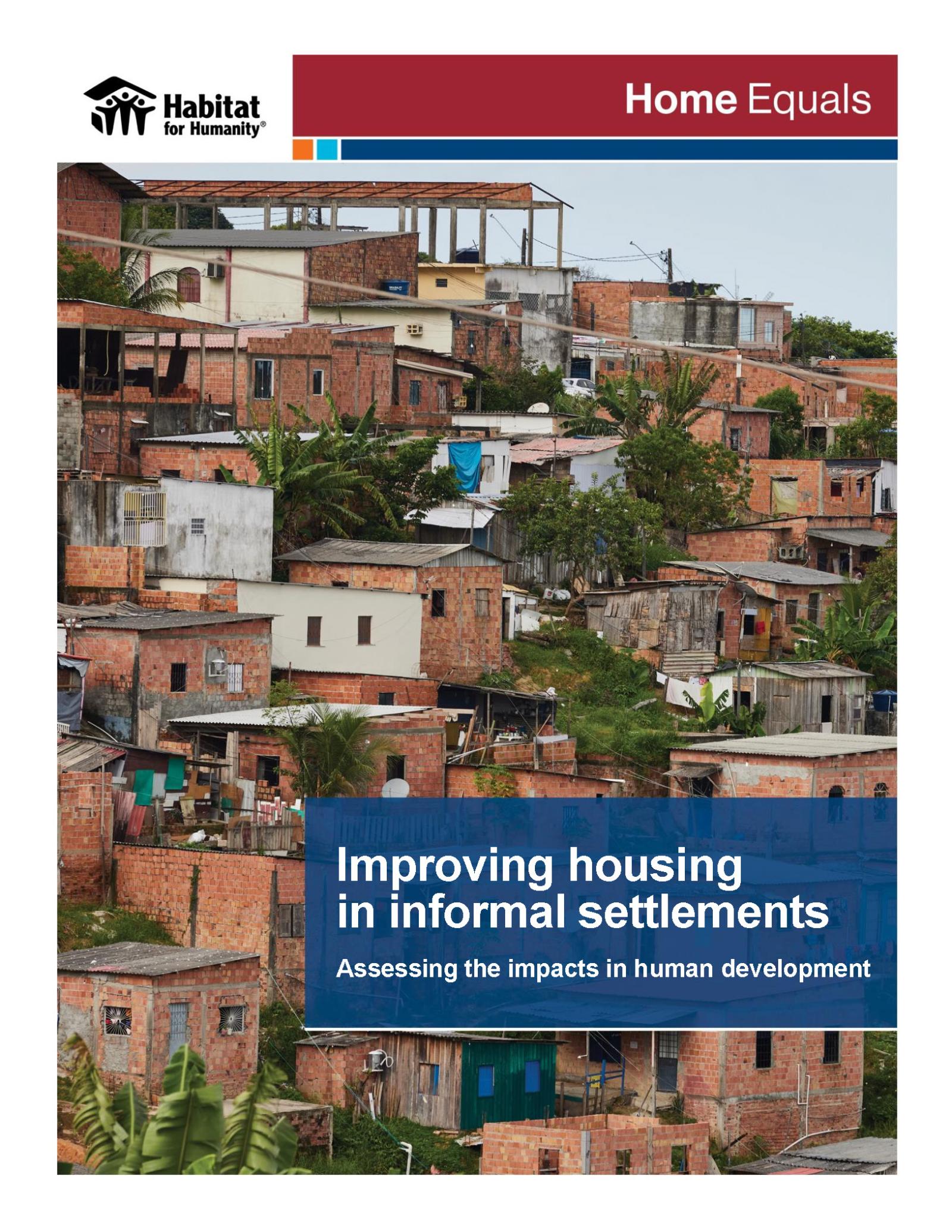
Home Equals research report
Improving informal settlements can increase a country’s economic development, income, health and education outcomes, as shown in the in-depth, data-driven report released by Habitat for Humanity and our research partner, the International Institute for Environment and Development.
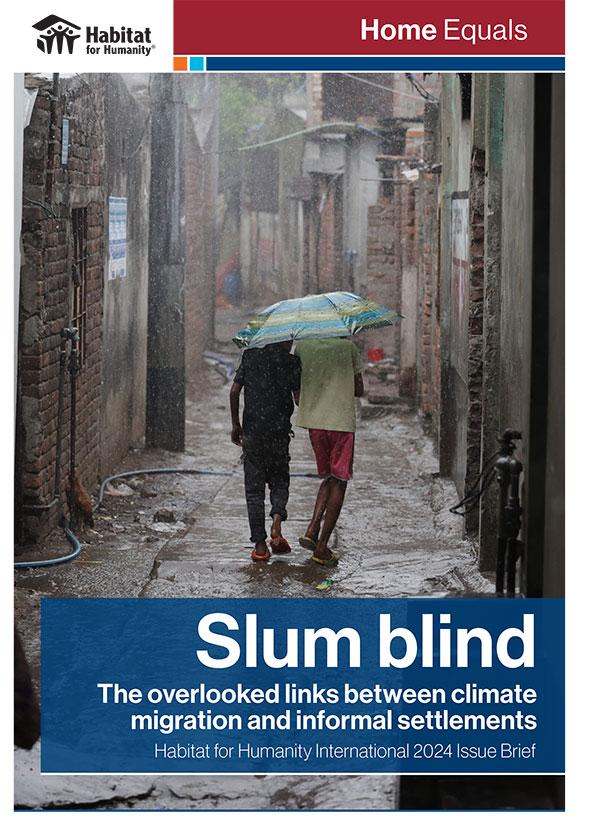
Issue brief
The brief focuses on the more than 215 million people who could be impacted by
climate migration by 2050 and how it will affect the lowest-income and most rapidly urbanizing countries the most — particularly within informal settlements.
